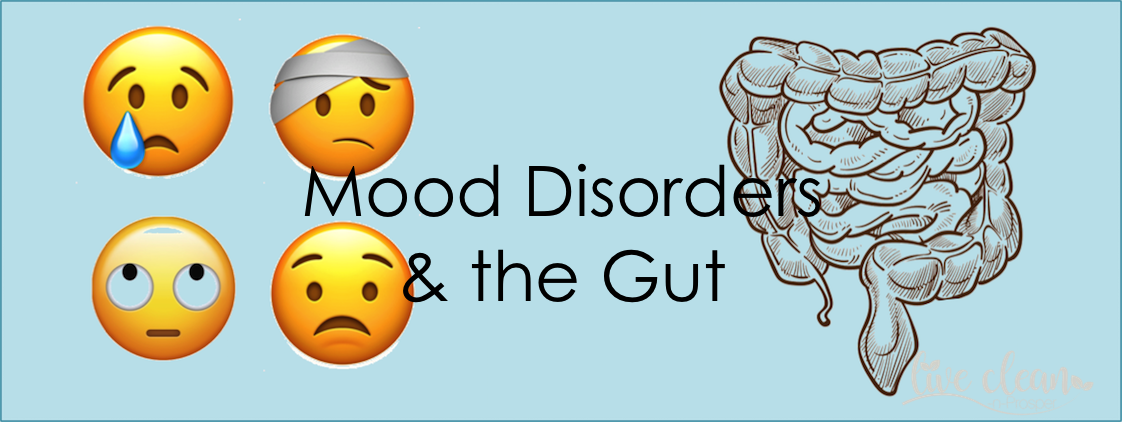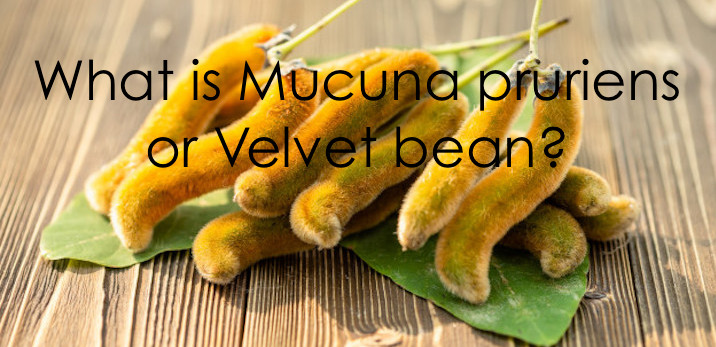HI, Scott here. While I am on holidays from UNI I have decided to write a post for our blog.
Since my studies are focused on treating anxiety, depression and PTSD what better subject to start with.
None of these conditions are simple or simple to treat. First is to identify which mood disorder followed by identifying the cause.
There are many reasons people suffer from a mood disorder. It may have been triggered by a traumatic experience or a result of poor dietary practices. Trauma does not need to be a specific event. It could be a result of a series of things that have built up to have a cumulative effect. Just as diet doesn’t need to be recent, it could be that a persons diet as a child was lacking which has had long lasting effect the body.
So, what to do about it,
My belief is that a multi-pronged approach is needed. This will mean lifestyle and diet changes with the addition of some specific, medicinal herbs and counselling.
For some it may also mean accepting that things will not be the same as they were before. When we say “I just wish that I could be the way I was when” this may not be possible simply because life changes us every day we live it. Equally, this does not mean that we need to go through life suffering or causing pain to those who love us.
The body is an amazing thing that conventional medicine thinks of as a machine but in my view is so much more than that.
The way the bodies systems work with each other, is like a giant 3D jigsaw that is in constant motion. Its just incredible to think that it is continually changing shape, growing and shedding all the time. This also means that by giving the body what it needs actually helps the body and mind to heal itself.
How does this work?
Primarily, the work is done in the gut or microbiome. This process is truly fascinating and has become my passion.
There are many scientific papers that discuss the importance of the microbiome and its effect on our mood and personality. A 2016 article in “The Canadian Journal of Psychiatry” looks at the influence of the microbiota on the development of PTSD with some interesting results. By looking at how gut bacteria produce neurotransmitters like Serotonin, Dopamine and GABA.
Put simply, what we eat directly affects the structure and function of the brain and, ultimately, our mood. Few people are aware of the connection between nutrition and depression. It is easier to understand the connection between nutritional deficiencies and physical illness.
Depression is more typically thought of as strictly biochemical or emotionally based. However, science has discovered that nutrition can play a key role in the onset as well as severity and duration of depression. There are actually more neurotransmitters produced in the gut than in the brain.
Like an expensive car, the brain functions best when it gets only premium fuel. Eating high-quality foods that contain lots of vitamins, minerals, and antioxidants nourishes the brain.
Diets high in refined sugars, for example, are harmful to the brain. Multiple studies have found a correlation between a diet high in refined sugars and impaired brain function and a worsening of symptoms of mood disorders.
What does all this mean for people suffering with a mood disorder?
It means when reaching for that soft drink, cheeseburger or deep fried snack. Take a moment to think about your mental health and the effect that your diet may have on it.
Identifying a diet that has a positive effect on mental health is a whole other subject, however, a whole food diet is going to be most beneficial. This means that if you can’t identify what you are eating, chances are it’s not doing you, or your mental health any favours.
Till the next post,
Live clean n Prosper
(Sources –
The Canadian Journal of Psychiatry & Neuroscience –
Harvard Medical School –
US National Library of Medicine, National Institute of Health )



